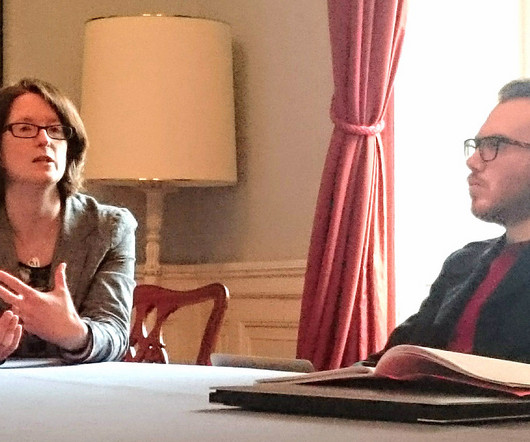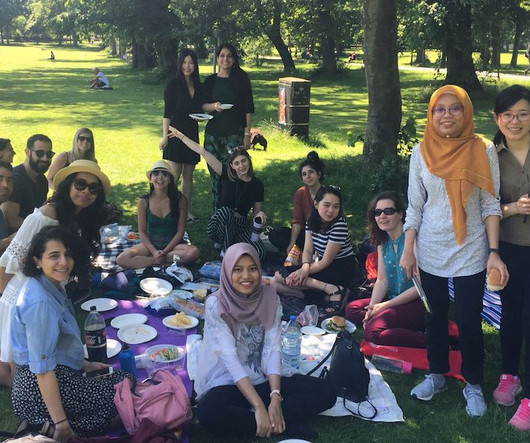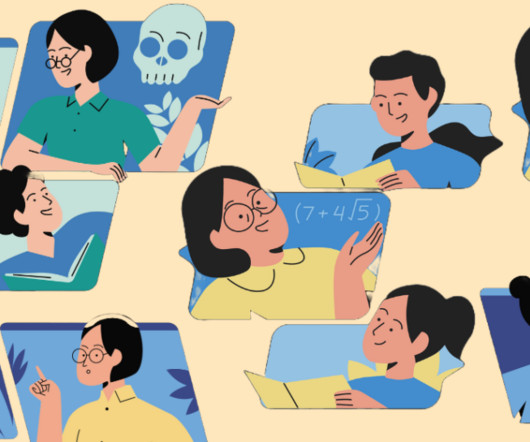Meet the Syllabus: engaging in current research
Teaching Matters Student Employment
JANUARY 16, 2018
During the presentation itself, the theorists would say a few words setting the background to the paper – no need to present the papers in full as we had read them in advance – and then two students would present prepared responses. This is how the course differed from an ordinary research seminar. General discussion ensued.













Let's personalize your content